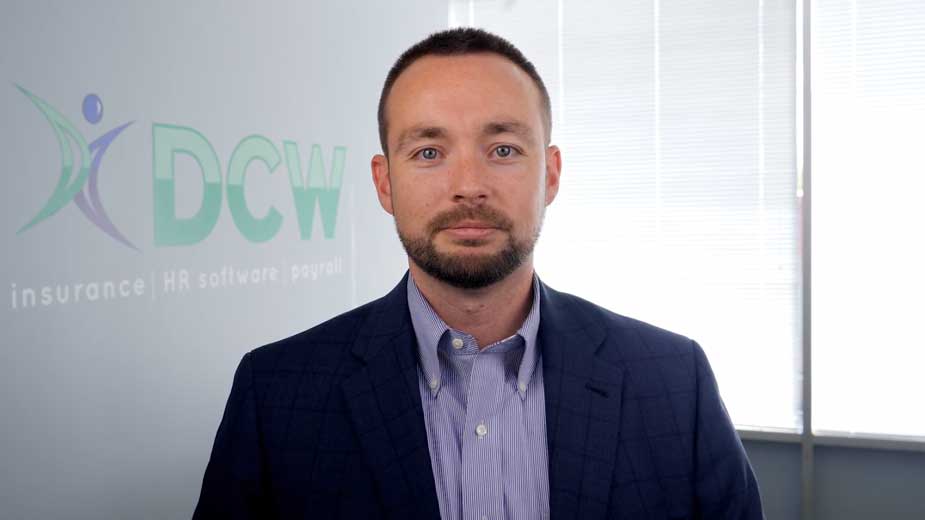How Rhiel Supply Reduced Premiums
If you’ve been following the six case studies we’ve shared in the New Benefits Blueprint, you know that we are showcasing our clients who are offering higher quality benefits to their employees while significantly lowering their company’s health- care spend. The goal of sharing these case studies is to help other employers attain the same results.
As much as we would like to say that we win at every renewal, there are instances where our clients are faced with increasing premiums. What we refuse to accept is that the rising cost of health insurance is outside of our control. This month we share the case study of The Rhiel Supply Co. based in Austintown.
Rhiel has been in business since 1951 and provides janitorial supplies and equipment for commercial, industrial and residential applications, along with swimming pools and hot tubs. The team at Rhiel Supply understands the role that benefits play in recruiting and retaining a talented workforce. Offering a competitive wage and a comprehensive benefit plan not only allows them to attract top talent but also assures employee satisfaction and retention.
When the company received a 19% increase in its health insurance premiums in 2016, management contacted DCW Group. From our first meeting, what resonated with the executive team was our message that the health-care spend needed to be proactively managed in the same manner other procurement processes are managed – as opposed to reacting from renewal to renewal. As we began working together, it became apparent that, like most companies, there had not been any education on how health care and health insurance interact.
What most Americans don’t understand is that health insurance is only expensive because health care is expensive. If I asked you today where the highest quality, lowest cost provider of knee replacement surgery was within 30 miles of your office, I bet no one would know the answer. What’s more, most of us don’t have a resource available to help us research this type of information. The health-care market in America has done an atrocious job of providing transparency around quality and cost to the end consumer. As a result, our country spends nearly 18% of the gross domestic product for below-average outcomes.
In health care, unlike most industries, the highest quality provider almost always charges the lowest price. For most people, this concept takes some getting used to. You would never expect to walk onto a car lot to find a Kia with a $250,000 sticker price and a Ferrari parked next to it with a $10,000 price. But that’s almost always how health care works. Day in and day out, most consumers follow a corrupt and broken referral system where brand recognition, advertising and who you attended medical school with outweigh proven measures of quality. Consumers repeatedly end up behind the wheel of a $250,000 Kia, not knowing about the Ferrari just down the street.
Our first year working with Rhiel Supply was spent on educating the team about what truly drives the rising cost of health insurance, and how to tilt the scales in their favor as the consumer purchasing health care. As with most worthwhile endeavors, the process took time and the results weren’t immediate.
Like a driverless freight train barreling down the track, it takes time to stop the train, turn it around, gain momentum and speed in the other direction. Our second renewal with Rhiel brought with it a 34% increase and for the first time the company had to charge employees a payroll deduction for their health insurance. This was a very difficult decision for the leadership team. The difference in Year Two? We all understood what was driving the health insurance rate increase and were implementing the strategies to solve the problem.
After working together two years, we recently completed our third renewal cycle and were able to reduce premiums by 14.8%, or by $16,000, on the company’s 13-person medical plan. The leadership team at Rhiel was able to eliminate employee contributions and add several enhancements to the benefits plan.
The high-performance plan we built comes with a full-service nurse concierge program available to covered employees and their families. This gives them access to an independent medical professional with access to quality and cost data on providers nationwide. By utilizing a medical management expert, employees are able to increase the quality of care they receive while decreasing the cost. Employees at Rhiel can not only tell you who the best knee surgeon is within 30 miles of their office, but also nationwide.
Going out to bid for health insurance, year in and year out, has zero impact on the frequency and severity of claims within a plan, nor does it encourage optimal utilization of the health-care system. If your strategy for offering the highest quality benefits at the lowest possible cost centers on the annual renewal and not providing transparency to quality, cost and optimal utilization of health care, your costs will continue to rise along with your frustration.
Many of the strategies and solutions are far simpler than many insurance professionals would have you believe. Like the freight train barreling down the tracks, it takes a strategic vision and time to correct the problem. If you’d like to learn more about how health care and health insurance interact, download our e-book, “The Definitive Guide to Health and Benefit Plans.”
Copyright 2024 The Business Journal, Youngstown, Ohio.



